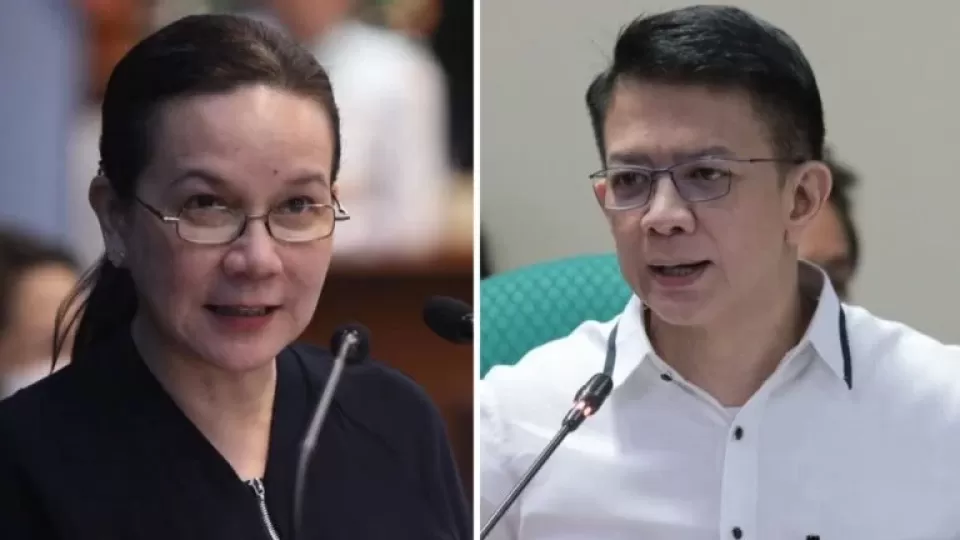April 4, 2023
MANILA, Philippines — The revived prospect of cooperation between the Philippines and China in exploring the West Philippine Sea (WPS) for oil and gas deposits has elicited varied reactions from senators, with Sen. Grace Poe suggesting that the government look for other foreign partners.
“Why China, or why only China, when there are other neighboring countries staking [their] claim in the disputed [South China Sea]?” Poe told the Inquirer on Monday.
“In pursuing the deal, the government should also consider existing jurisprudence related to maritime explorations,” she said, alluding to a Supreme Court ruling that voided a similar tripartite deal signed by the Philippines with China and Vietnam.
On Jan. 10, the high tribunal voted 12-2, with one abstention, to invalidate the 2005 Joint Marine Seismic Undertaking among the three countries, as it allowed foreign-owned companies to utilize the country’s natural resources in violation of the 1987 Constitution.
Poe, chair of the Senate public services committee, said the Charter, public interest and transparency should serve as “key guideposts” for the Department of Foreign Affairs (DFA) in forging any agreement with other countries.
She also shared the concerns of Sen. Francis Tolentino, who had cautioned the DFA to be wary of resurrecting the joint oil and gas exploration deal with China due to the illegal presence of Chinese vessels within the country’s 370-kilometer exclusive economic zone (EEZ) in the South China Sea.
But Sen. Francis Escudero said the country’s maritime dispute and other “differences” with China should not hinder the government from “pursuing cooperative efforts that we can agree and work together on.”“I don’t think that it’s an ‘either-or’ situation and a ‘zero-sum game,’” Escudero said.
He also said that it was “well within the powers and jurisdiction” of the Senate to conduct an investigation into the planned negotiations to revive the agreement.
Senate involvement
Senate Minority Leader Aquilino Pimentel III backed Tolentino’s proposal to include the Senate in the discussions on the possible partnership between Manila and Beijing.
“The idea of Senate ‘involvement’ is to be endorsed,” Pimentel said, adding: “‘Involvement’ means we hear the matter so that the sun can shine on all the corners of the agreement or proposed agreement.”
Signed in 2018, the Philippines-China memorandum of understanding failed to meet its goals within the agreed period, prompting then-President Rodrigo Duterte to terminate the deal due to sovereignty issues a few months before he left Malacañang last year.
The Philippines and China had been locking horns over their overlapping claims in the disputed sea, believed to be rich in natural gas, oil reserves, and marine resources.
In 2016, an arbitration tribunal in The Hague, Netherlands, ruled in favor of the Philippines by recognizing its sovereign right to exploit resources within its EEZ, a historic victory that China has refused to accept.
Tolentino, vice chair of the Senate foreign relations committee, had warned that China’s interest in reviving the deal could be a “trap” to legitimize its presence in the country’s waters.
On March 29, Foreign Secretary Enrique Manalo disclosed in a GMA News interview that Manila and Beijing had agreed to renew the discussions on the possibility of pursuing joint oil and gas exploration.
The negotiations would begin at the “technical level” in the next six weeks, according to Manalo.


